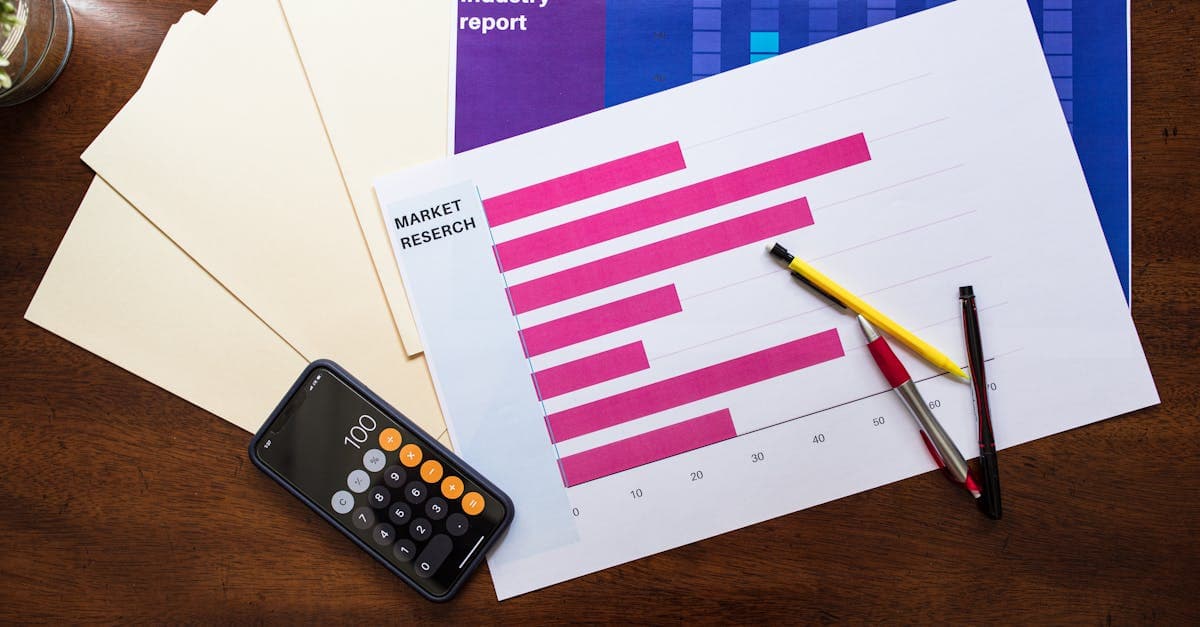Published on:
5 min read
Debt Consolidation Demystified: Transform Your Debt into Simplified Payments
Are you overwhelmed by multiple debts and high-interest rates? Debt consolidation might be the solution you’re looking for. This guide will break down the process, benefits, and options available to help you take control of your financial future.

What is Debt Consolidation?
Debt consolidation is a financial strategy that involves combining multiple debts into a single, manageable payment. This often entails securing a loan or using a credit card with a lower interest rate than your current debts. The primary goal is to simplify your finances—by having fewer payments to keep track of—and potentially reduce the total interest you pay over time. Most commonly used by individuals burdened by credit card debt, personal loans, or medical bills, debt consolidation can also help you avoid falling into the trap of further accumulating debt. Overall, it serves as a bridge to better financial health, allowing you to focus on sustainable budgeting and spending habits.
Benefits of Debt Consolidation
There are numerous benefits to consolidating your debts that can enhance your financial well-being. Firstly, it can lower monthly payments by extending the repayment term or reducing the interest rate. This relief can ease your monthly budget, allowing you to allocate funds toward other expenses or savings. Additionally, having just one payment streamlines your financial management, decreasing the likelihood of missed payments. Furthermore, successful debt consolidation can positively impact your credit score over time as your credit utilization ratio improves when debts are paid down. Ultimately, this financial strategy can empower you on your journey to becoming debt-free while fostering improved money habits.
Considerations Before Consolidating
Before deciding to consolidate your debts, it is vital to consider several factors. Not every debt consolidation strategy is suitable for everyone, so it's essential to evaluate your financial situation thoroughly. First, assess the total debt amount, interest rates, and your credit score, as these factors will determine the options available to you. Research potential lenders, as some may charge fees or require collateral. Additionally, it's important to ensure that consolidating will not trap you in a cycle of debt; mismanaging finances could lead to accruing further debt. Ideally, you should approach consolidation as a fresh start, accompanied by a renewed commitment to financial discipline.
Conclusion
Debt consolidation can serve as an effective tool for regaining control over your financial landscape. By simplifying payments and potentially reducing interest rates, it can help put you on a path to financial stability. However, it’s crucial to approach this strategy with careful consideration and a clear plan to avoid pitfalls. With diligence and a commitment to better financial habits, you can transform your debt and pave the way to a brighter financial future.
Published on .
Share now!










